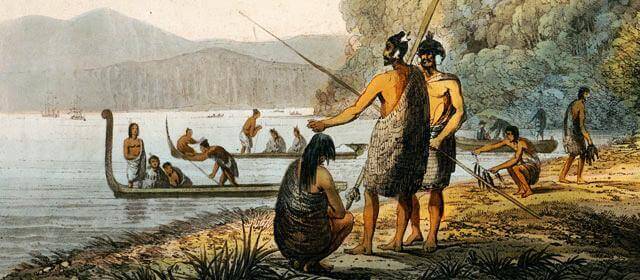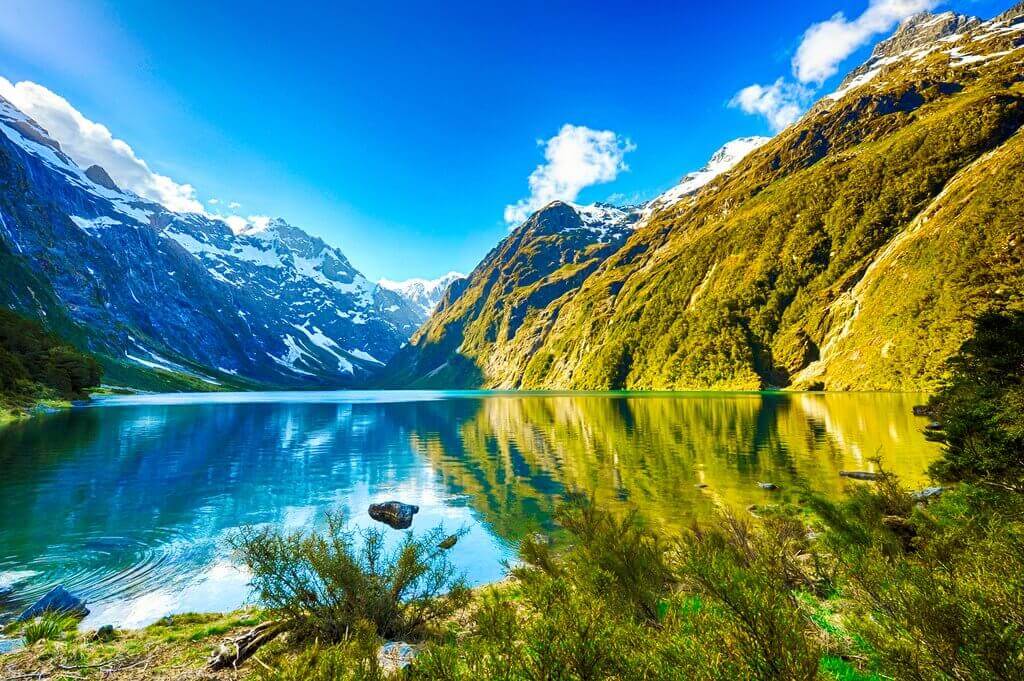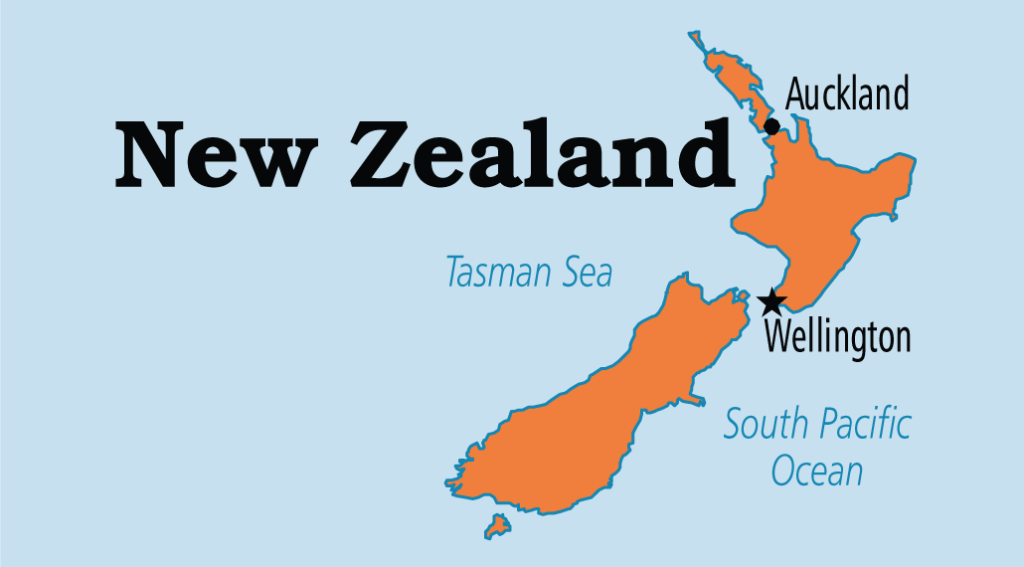Numerous renowned places around the world were named after prior colonies. New York, New Jersey, New Caledonia (named after the ancient Roman name for Scotland), and New Orleans are obvious examples. But how did New Zealand receive its name?
A Brief History

Before we get into how New Zealand got its name, it’s important to grasp the history of this little Pacific nation.
Although New Zealand eventually came under British colonial administration – which is why the official language of this gorgeous, remote country is English, despite being as far away from England as it is possible to be – it was really discovered by the Dutch.
In specifically, it was an intrepid explorer named Abel Tasman and his company who arrived first in 1642 at Golden Bay on the South Island. He didn’t stay long, though, due to an attack by the indigenous Maori. This is why Golden Bay’s original name was Murderer’s Bay – lovely and piratey, but not so ideal for tourism.
Abel Janzoon Tasman

So, who exactly was Abel Tasman? Aside from having a magnificent moustache, he was a trader, sailor, and one of the most renowned explorers of his day. He was not only the first European to set foot in New Zealand, but also the first to reach Tasmania (then known as Van Diemen’s Land) and to see the Fijian islands. In his spare time, he and his navigator François Visscher, as well as his merchant Isaack Gilsemans, explored large sections of Australia, New Zealand, and the Pacific Islands. Not bad for someone who doesn’t have access to Google Maps.
His legacy of travel and discovery has far outlived him. Numerous sites, seas, and cities are named after him in the Antipodes. They include the previously mentioned Tasmanian island, Mount Tasman, the Tasman River, the Tasman Glacier, and the Tasman Sea, which separates Australia and New Zealand.
So, what makes New Zealand special?

After seeing, landing, fighting, fleeing, and sketching the west coasts of the two main islands, Abel Tasman dubbed them Staten Landt, after the States General of the Netherlands, and that name appeared on his early maps of the country.
However, in 1645, Dutch cartographers changed the name from Nieuw Zeeland to Nova Zeelandia in Latin, after the Dutch province of Zeeland. Only 100 years later, when the legendary James Cook landed on the Endeavour (a touch late to the party, but never mind), was the name anglicised and christened New Zealand.
Was there a Zealand?

There was, indeed. At least there was a Zeeland, which still exists. This section of the Netherlands is the least populous in the entire country, which makes sense given New Zealand’s physical isolation from the rest of the world. This province is made up of islands and peninsulas, and its entire population is around 380,000 people, which is tiny when compared to the country’s overall population of 17.2 million. From north to south, the islands and peninsulas that comprise Zeeland are Schouwen-Duiveland, Tholen, Noord-Beveland, Walcheren, and Zuid-Beveland. It also contains the Zeelandic Flanders, a strip of territory abutting the Belgian region of Flanders.
While this Dutch region is a popular summer destination for tourists, particularly Germans, it is also worth noting that the majority of it is underwater. With this in mind, it’s worth noting that most of the land that is now occupied was “reclaimed” from the water throughout time. When you consider that the North Island of New Zealand was allegedly hauled from the oceans by Maui as a fish using the fish-hook he fashioned from his mother’s jawbone, the fact that New Zealand was named after an area of another country with such deep ties to the sea is quite congruous. In fact, the word “Zeeland” translates as “Sealand.”
Overall, the namesake of New Zealand fits the description when compared to other comparable places throughout the world, most of them are colonial in origin and owe their names to different countries. One may have been literally removed and wrestled from the hold of the ocean by the residents over hundreds of years, shored up with breakwaters, dams, and banks, and linked with tunnels and ferries, whilst the other is steeped in myth. However, learning about a country’s origins is always fascinating. It helps us comprehend what influenced the regions where many people live and how those people got to be there. And New Zealand is no different.
Top 5 winter locations that make New Zealand’s south island a gem

Top site ,.. i will save for later !